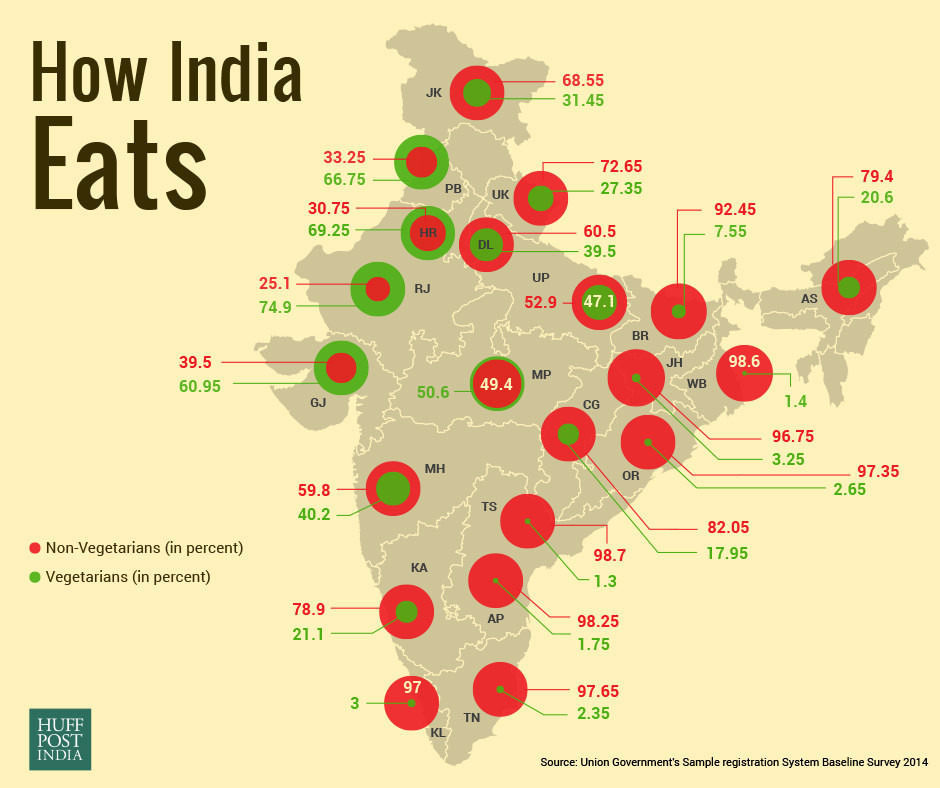Banaras Hindu University (BHU) is a renowned university that houses more than 40,000 students making it one of Asia’s largest residential campuses in India. However, the university has been in the news for all the wrong reasons ever since the appointment of Girish Chandra Tripathi as the Vice-Chancellor in November 2014.
Mr Tripathi takes immense pride in his four decades of association with the RSS and conducts himself in a dictatorial fashion. Students accuse him of openly espousing RSS ideology. In the recent past, he expelled renowned social activist and Ramon Magsaysay award winner Sandeep Pandey for not toeing the Sangh Parivar’s line. When objections were raised to the use of the university as RSS shakha, he said, “When the Indian government itself is of the RSS, there is nothing wrong in establishing an RSS shakha in BHU.“
Unsurprisingly, with RSS culture taking deep roots in BHU, a culture which is known to be anti-women, the BHU administration under Chandra Tripathi has imposed various restrictions specifically on female students. Draconian rules specifically for targeting female students were imposed soon after Mr. Tripathi was appointed vice chancellor. Only in BHU – Girls hostels decided not to serve meat because it violates “tradition”. The Vice Chancellor believes that “consumption of non-vegetarian food makes women impure according to the Malviya values”. “How can they get meat at Malviyaji’s hostel! In fact, he didn’t even want onion or garlic in the food. But we do give them eggs, you see,” says Sandhya Singh Kaushik, principal, MMV.

A majority of Indians are non-vegetarians. We love our meat. It’s always been so. [Pic courtesy Huffington Post]
In fact, let’s analyze one of the latest diktats regarding the ban of non-veg in Girls hostels and how it is absolutely non-sensical even from a data point of view. According to the Union Govt Sample Nation Wide Survey Conducted by the office of Registrar General & the Census Commissioner in 2014, 70.7 Percent of women in India are non-vegetarians. Contrary to popular belief, India is predominantly a non-vegetarian country even though vegetarianism is often assumed as the norm in India. The Union Govt Census conducted in 2014 shows that Telangana and West Bengal have highest number of non-vegetarians with 98.8 percent men and 98.6 percent women enjoying meat. Among the other states with a high non-vegetarian population are, Andhra Pradesh (98.25%), Odisha (97.35%) and Kerala (97%). According to this report, there are a few states where people are primarily vegetarian – Rajasthan, where more than 70 per cent are vegetarian, Haryana and Punjab follow closely with number of vegetarians ranging from 65 to 70 per cent. This research by govt organisations themselves has debunked the myth that most Indians are vegetarians. In fact a majority of youngsters in India, be it cities or villages have no inhibitions about consuming mutton, fish or fowl. What can’t be denied though, is that age old upper caste prejudices continue to dominate popular perception.
While in a democracy, no minority based on language/food/culture/religion etc can be discriminated against, hostel/apartment/residential colony rules are often found favoring the majority. However, in this specific case, even that doesn’t make sense based on the data presented. It can thus be seen that as a result of the brahmanical RSS continuing to increase its influence over various universities under the present dispensation at the Centre, it has resulted in increased gender and caste discrimination in universities all over India.
Reference :
(SRS) baseline survey 2014 : http://www.censusindia.gov.in/vital_statistics/BASELINE%20TABLES07062016.pdf
Independent journalism that speaks truth to power and is free of corporate and political control is possible only when people start contributing towards the same. Please consider donating towards this endeavour to fight fake news and misinformation.



